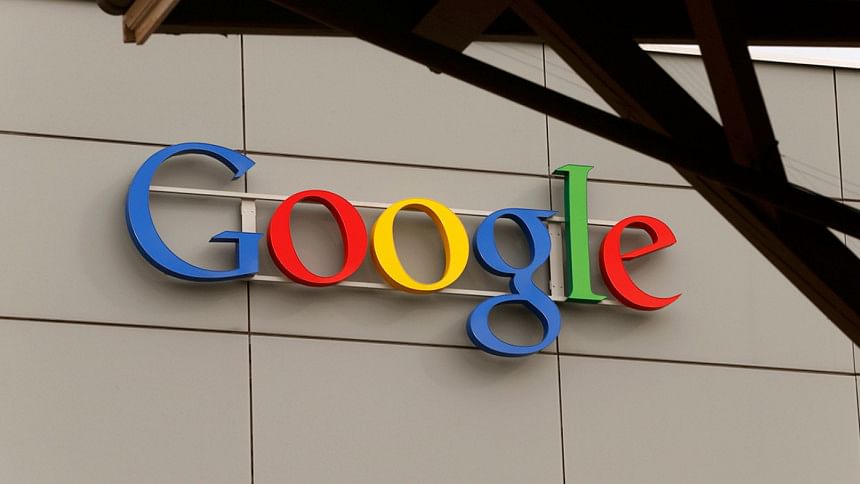Google bursts into wireless industry

Google unveils a new service that switches between cellular and Wi-Fi signals and lets customers pay for only what data they use.
The search giant on Wednesday announced its long-anticipated wireless service in the United States, called Project Fi, reports Cnet.com.
Google hopes to stand out by changing the way it charges customers. Typically, smartphone owners pay wireless carriers like AT&T and Verizon a bulk rate for a certain amount of data. Google says it will let customers pay for only what data they use on their phones, from doing things like making calls, listening to music and using apps, potentially saving them significant amounts of money.
For now, the program is invite-only and will only be available on Google's Nexus 6 smartphone.
"It's important that wireless connectivity and communication keep pace and be fast everywhere, easy to use, and accessible to everyone," Nick Fox, vice president of communications products at Google, said in a statement about Project Fi.
Google's new wireless service represents a shift in its efforts to remake the wireless industry. Those efforts began in 2005, when the company purchased the nascent Android mobile phone software and started giving it away to handset makers like Samsung, LG and Lenovo. Competitors, like Microsoft, typically charged for their software. The plan worked: today, Android powers more than 80 percent of the world's smartphones, and commands significant influence in the wireless industry.
The next step for the search giant is to expand into how the cellular and wireless connections themselves are delivered to you.
Google said it would offer one plan at one price. For $20 a month, you get voice, text, Wi-Fi tethering and international coverage in more than 120 countries. Then it will cost an additional $10 per gigabyte per month. But if you don't use all of the data you bought, Google refunds you for what you didn't use. The service won't require an annual contract.
Google isn't just offering a different way to charge customers. It will also offer a new technology to allow users to switch between cellular and Wi-Fi signals while on a call. The nascent technology will help Google keep costs down, and help customers avoid relying on cellular networks that are often overburdened by wireless traffic. The program will also store your phone number on Google's servers, so you'll be able to use your number to talk and text from a phone, tablet or laptop.
Google isn't building its own wireless network to do this. Instead, the Internet giant has made a deal with US carriers Sprint and T-Mobile to use their networks.
"We are proud to enable Google's entry into the wireless industry as a service provider," Sprint said in a statement.
Still, for wireless companies, Google's entrance to the market could be worrisome. Google, with its financial resources and influence, has the power to shake up the entire industry.
When Google product chief Sundar Pichai confirmed the wireless service in February, he sought to reassure the carriers. He said Google's wireless service was meant to be a small-scale experiment. Google's rationale is said to be trying to innovate new practices and pricing models, and trying to get the wireless industry at large to follow suit.
"I think it will be a small market initially, but I have to believe [the carriers] going to be watching it closely," said Tim Bajarin, president of tech research firm Creative Strategies.
Google is the highest-profile company to do this, but it's not the only company that will offer this kind of service. Republic Wireless and Scratch Wireless, two smaller companies, will offer a similar services.
"Google can influence the entire Wi-Fi ecosystem to help improve the technology," said Jon Finegold, vice president of marketing for Scratch Wireless. "And ultimately that benefits us."
Google has been dipping into the Internet access business in other ways too. The company began taking on the home and business Internet service providers in 2010 with a project it calls Google Fiber. The a service offers Internet connections to people's homes in cities like Kansas City and Austin for much less than larger rivals Comcast, AT&T and Verizon charge.
Google is also hoping to bring its service efforts to developing countries. The company has been building a way to beam Internet connectivity to rural populations via high-flying balloons with a project called Loon. Google is also experimenting with satellites for the same purpose.

 For all latest news, follow The Daily Star's Google News channel.
For all latest news, follow The Daily Star's Google News channel. 



Comments